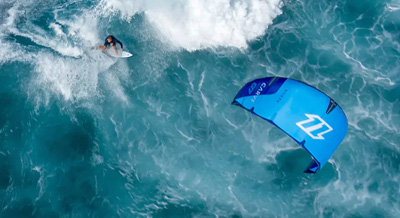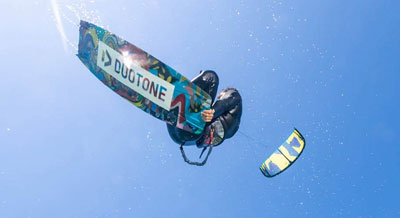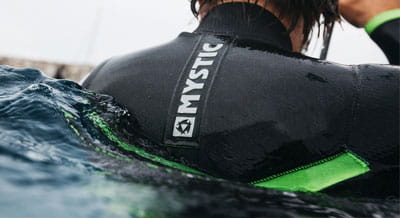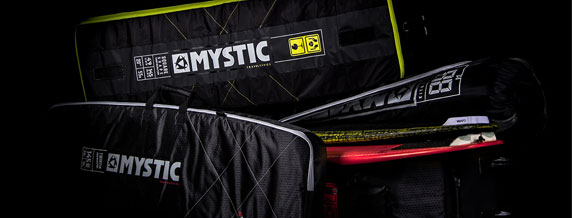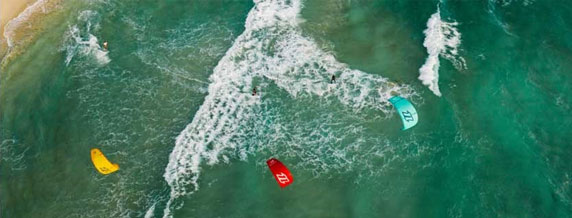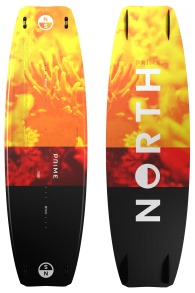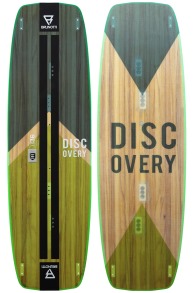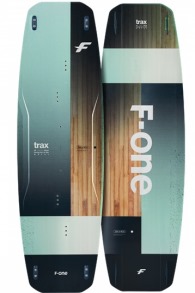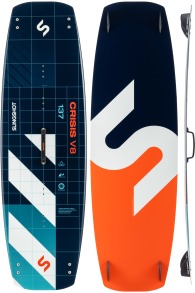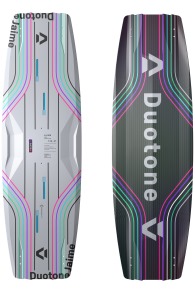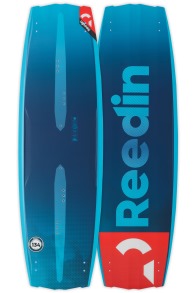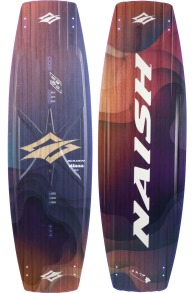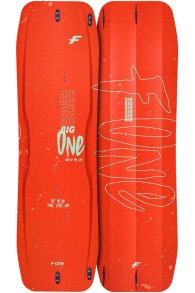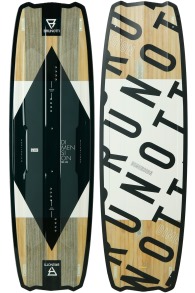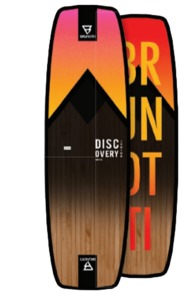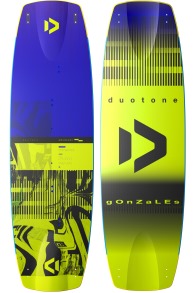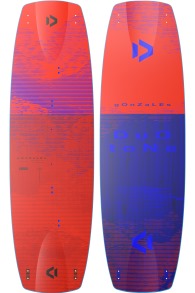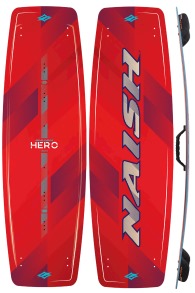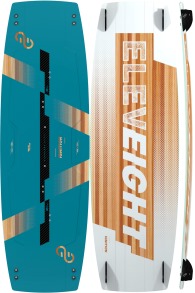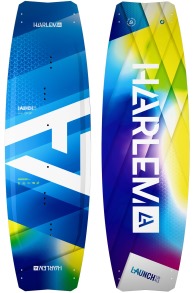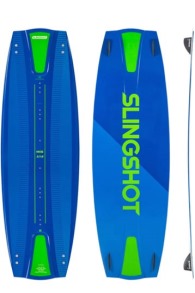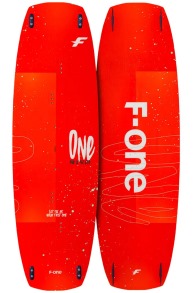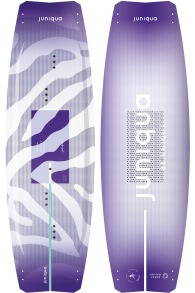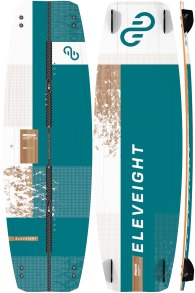Kiteboard - Twintip - Beginner
Buying a kiteboard as a beginner can be super difficult. We understand that you can no longer understand what is the best beginner kiteboard for you. That is why we have already selected all beginner kiteboards for you on this page. Every kitesurfing brand has a perfect twin-tip kiteboard for the novice kitesurfer. We have beginner kiteboards from North, Duotone, Cabrinha, Airush, Naish, Slingshot and more. Would you like to know more about beginner kiteboards? Click here »
Kiteboard - Twintip - Beginner
Buying a kiteboard as a beginner can be super difficult. We understand that you can no longer understand what is the best beginner kiteboard for you. That is why we have already selected all beginner kiteboards for you on this page. Every kitesurfing brand has a perfect twin-tip kiteboard for the novice kitesurfer. We have beginner kiteboards from North, Duotone, Cabrinha, Airush, Naish, Slingshot and more. Would you like to know more about beginner kiteboards? Click here »
Beginner twintips at Kitemana
Shop your new beginner twintip kiteboard at Kitemana. Not sure which twintip suits you best? Please contact one of our specialists via WhatsApp, telephone or email so that you purchase the best beginner twintip for you. We have twintips from all major brands, such as North, Duotone, Cabrinha, Naish, Airush and more.
Most frequently asked questions when purchasing a beginner kiteboard:
What is a beginner kiteboard?
As a beginner you will start with a twintip. A twintip is a kiteboard that is often symmetrical in shape, allowing you to ride with both your left leg in front and your right leg in front. There are three factors that make a kiteboard beginner-friendly, namely the rocker, flex and the size of your twintip kiteboard. The rocker is perhaps the most important thing on a kiteboard for beginners. The rocker is the bulge of your twin tip. The more rocker, the more convexity and the less convexity, the less rocker. A beginner kiteboard should have little rocker. Little rocker ensures that most of the kiteboard touches the water, making it easy to gain speed. Because the kiteboard is quite flat, the fins are also deep in the water, making it easier to ride upwind. Especially in the beginning, it is nice that you can easily get up to speed and upwind, because no one likes that 'walk of shame'. Kiteboards with little rocker include the North Prime and the Duotone Gonzales. Then the flex. There are stiff kiteboards with little flex, but there are also kiteboards with a lot of flex. A beginner kiteboard must have a lot of flex, which means that the kiteboard bends and bounces easily. Because the kiteboard bends easily, hard hits are dampened and the kiteboard rides much more comfortably than a kiteboard that does not bend. The F-One Trax HRD and the Cabrinha Ace Hybrid are kiteboards with a lot of flex. Finally, the size of the kiteboard is important. The size of your kiteboard mainly depends on your weight. The heavier the rider, the larger the kiteboard.
What is the best beginner kiteboard?
Almost all kiteboards are built using a wooden core. A wooden core is strong and provides sufficient flex, making the kitesurf board very comfortable to ride. The wood provides good feedback while riding and provides good pop. Freeride kiteboards in particular have a wooden core. There are also kiteboards with carbon. A carbon layer over the wooden core saves weight, because carbon is lighter than fiberglass. The disadvantage for beginners is that the kiteboard becomes slightly stiffer and therefore less comfortable.
So why do riders want a carbon kiteboard? The carbon not only saves weight, it also provides a more direct feel and a more explosive pop. The carbon creates a kind of springboard effect, which causes you to be shot up briefly during a push-off. Beginners will not get the most out of a carbon construction, which makes it often unnecessary and a wooden core therefore better suits the needs of a novice kite surfer. If you would like advice on which beginner kiteboard suits you best, please contact us via WhatsApp, telephone, email or visit our Megastore in Noordwijk.
view our here different kiteboards
surfboards lightwind kiteboards second-hand kiteboards foil kiteboards
How to choose the right size beginner kiteboard?
A question we always hear is: How to choose the right size beginner kiteboard? A kiteboard always has a length and a width. Most brands offer kiteboards between a length of approximately 130 cm to 150 cm and a width of approximately 28 cm to 48 cm. The width of the kiteboard must always be in proportion to the length of the kiteboard, fortunately the manufacturer has thought about this and you do not have to worry about this. If you have a kiteboard that is too small, the kiteboard will be too deep in the water, which means you need more kite power to enjoy your session. You will also notice that the kiteboard feels very unstable. On the other hand, a kiteboard that is too large will feel bulky and will be difficult to handle once you get up to speed.
To give you a direction, an advanced kite surfer weighing 80 kg needs a twintip of approximately 138 cm. When starting out, you can easily take a size larger, such as a 141. Because you take a slightly larger kiteboard, you have more surface area and therefore buoyancy. This extra buoyancy makes it easier to get up to speed. In addition, the kiteboard feels nice and stable and therefore quickly familiar. Choosing the right size is and remains somewhat difficult. If you need help with this or are in doubt, please feel free to contact us via WhatsApp, telephone or email. Of course you are also very welcome in our store in Noordwijk!
You have no product(s) in you basket.
Weet je niet waar je moet beginner?
Contact our customer service for advice
Manage Cookie Consent
We like to give you the best experience and most relevant deals on our website, media and through our advertisements. To do that, we need to place cookies and collect some data. If you are ok with this, press the green accept button! For more information click here or change settings to your preference.
Functional
Always active
Analytics cookies
Advertising cookies
User data sharing
Personalization cookies

